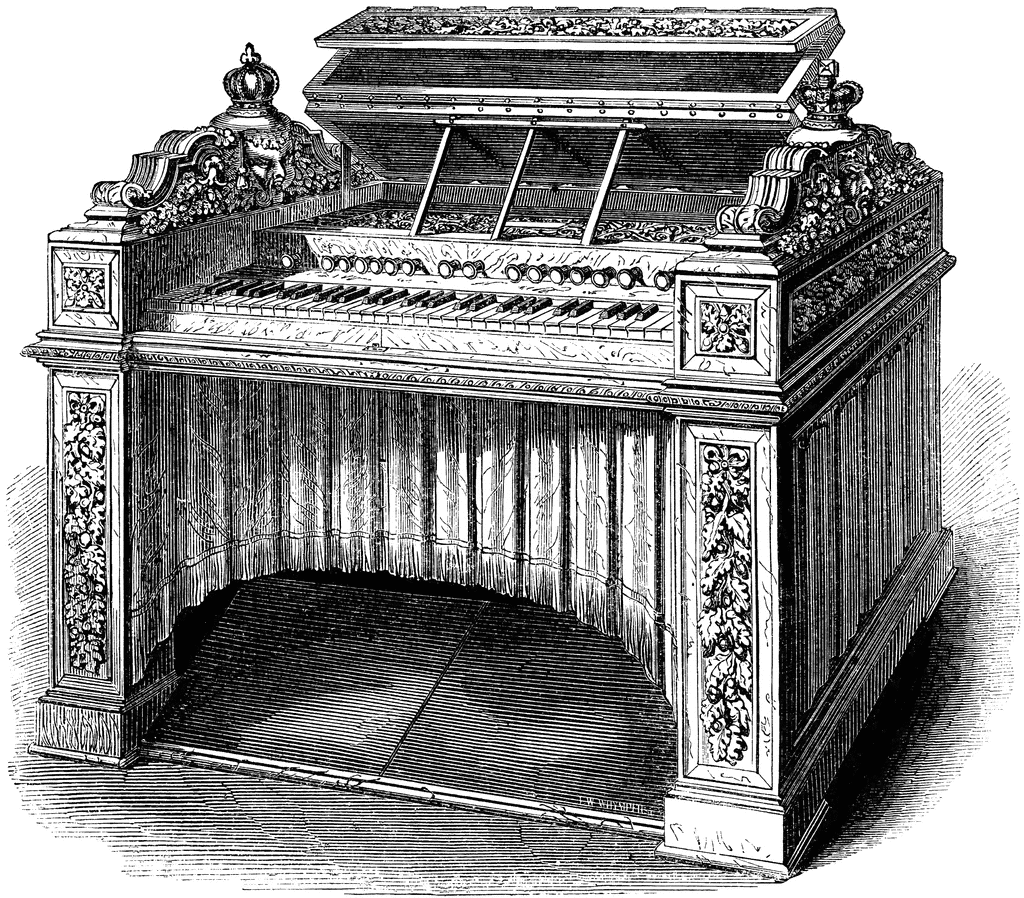
Minnie Frisby (b. 1877): Education and Schooling
Education for Victorian working-class women was somewhat of a luxury. The 1870 Education Act gave children an elementary education up to thirteen, …

Education for Victorian working-class women was somewhat of a luxury. The 1870 Education Act gave children an elementary education up to thirteen, …
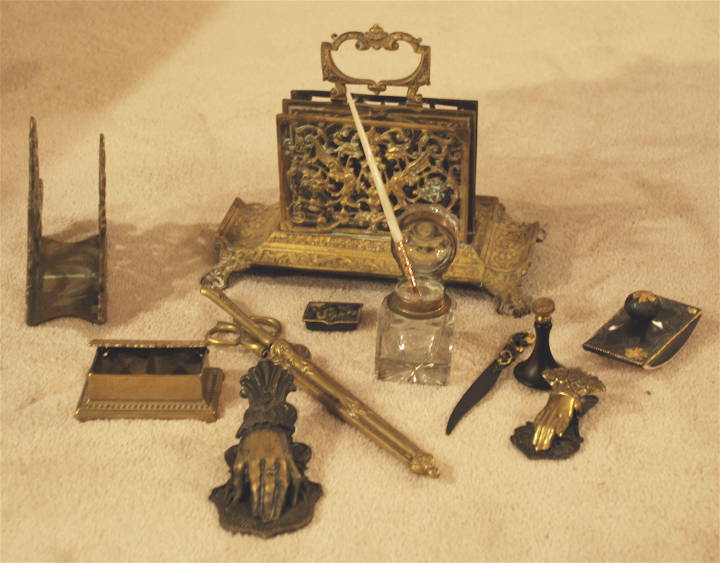
Regenia Gagnier points out that many working-class writers begin their autobiographies with ‘an apology for their ordinariness’ (Gagnier, 338). However, Minnie’s Memories …
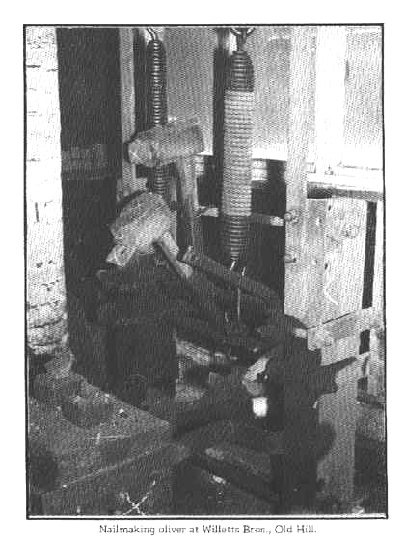
In Memories, Minnie does not discuss any political tendencies she or her family had. Instead Minnie focuses her memoir with references to …
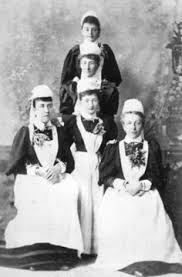
Alongside childhood, working life and labour is a significant theme in Memories. After discovering Minnie’s maiden name through her marriage on Ancestry …
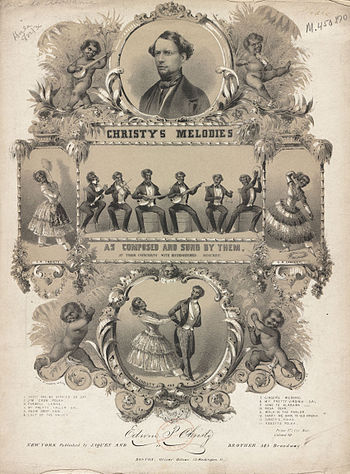
Music was an important pastime for Minnie. She remembers her father teaching her to play musical instruments and dance with her when …
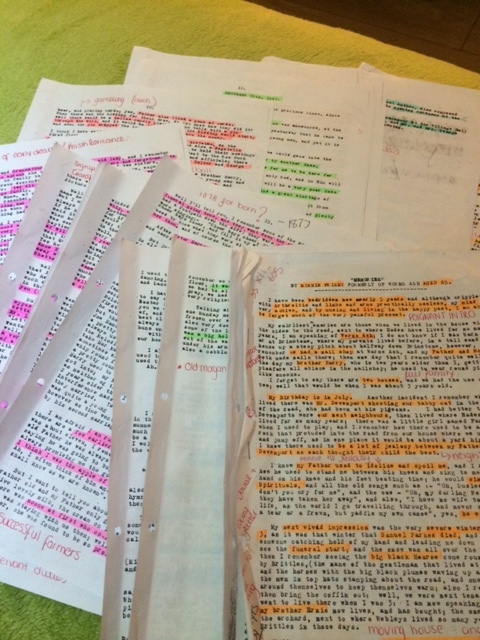
Being a novice blogger I was initially concerned about what would be asked of me during the Writing Lives project. Although I …
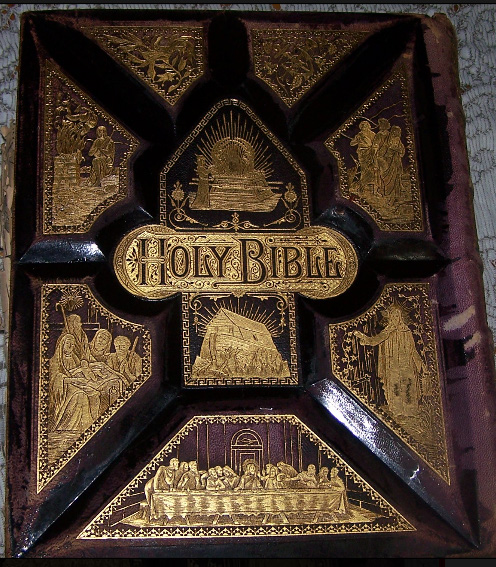
Early nineteenth century literacy was based on the ability to sign the marriage register. Education was a gift that was taken away …
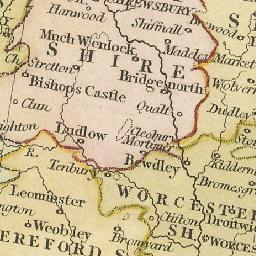
‘By musing and living in the happy past, I am able to forget much of the very painful present.’ (I:1) Minnie Frisby …
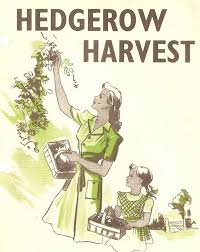
Minnie begins writing Memories in 1943 towards the end of World War II. Surprisingly Minnie does not discuss the wars, only briefly …
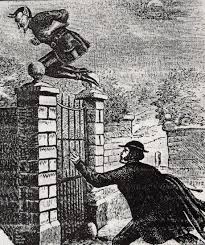
Minnie discusses her childhood in detail. She had nine other siblings although she says, ‘it was very rare we were all home …